[vc_row][vc_column][vc_column_text]Atlas Turf International owner John Holmes figuratively fell into his job selling turf grasses in foreign countries. He worked at Highland Country Club in LaGrange when he was 15, deciding he wanted to be a golf course superintendent. John graduated from Lake City Community College with a degree in turf grass management and began work in golf course construction before joining a group that sold turf grass internationally. He, along with his wife, Catherine, lived in Mexico and the Philippines as superintendent and construction manager of seven new golf courses. He then bought out the international division of the company he was working for in 2011 and created Atlas Turf, located in LaGrange, Georgia
“We’re recognized in the golf and sports industries as the company to go to for quality turf products and the ability to get it there no matter the destination,” John said. “Certain places like Sri Lanka and Mauritius have been difficult logistically, but we enjoy the challenge.”
 The turf grasses Atlas Turf distributes are not the same as the bags of seed you see at lawn care centers. John and Catherine provide turfgrasses with the specific traits required for golf courses and athletic fields across the world. Soccer fields in the Middle East need grasses that are heat resistant, golf courses near the ocean need grasses accepting of salt water and projects without clean water sources need grasses that tolerate effluent irrigation.
The turf grasses Atlas Turf distributes are not the same as the bags of seed you see at lawn care centers. John and Catherine provide turfgrasses with the specific traits required for golf courses and athletic fields across the world. Soccer fields in the Middle East need grasses that are heat resistant, golf courses near the ocean need grasses accepting of salt water and projects without clean water sources need grasses that tolerate effluent irrigation.
“These are turf grasses that are developed to have certain traits that meet the needs of different uses and climates,” Catherine said. “Sports fields require extreme durability and wear tolerance. Golf courses require grasses that can be mowed at low heights for faster green speeds and grasses with quick recovery from divots and traffic.” Each grass they sell is licensed and certified like MiniVerde, a turf grass that’s popular for golf course greens.
Atlas Turf owns the licensing for several turf grasses which are contract grown by farms in southern Georgia and South Carolina. The farms will harvest sprigs of the specific grasses, wash and hydro cool them like bags of lettuce, and box and fly them refrigerated to the destination country.
This was not an overnight success, however. Each country has its own rules and regulations dealing with live plants being shipped from the United States, along with sometimes difficult travel in getting the sprigs where they need to be.
Plus, as their business began to grow, John and Catherine needed some outside assistance. “Like any small company, we plugged along growing in small increments,” John said. “Then we reached a point where we wanted to expand into new markets, but we knew we needed help.” “We had no training in so many of the elements that go into making a successful company,” Catherine continued.
[tweetthis display_mode=”box”]See how a #UGA #SBDC client grew their #smallbiz after attending #SBDCGrowSMART: #UGAServes[/tweetthis]
So they turned to Mark Lupo of the University of Georgia SBDC. “John and Catherine are the type of business owners that have a hunger to grow and an eagerness to learn, both professionally and personally. They have a successful and profitable international business operation already built on a strong foundation and they are looking now to grow to the next level. They have the unique understanding that the growth they are seeking will require changes in their business structure and their ability to lead that growth. Thus, when the SBDC GrowSmart Program was mentioned as an opportunity to learn more about growing their business, they did not hesitate, graduating from the program in December 2014,” said Lupo.
“Working with Mark and the SBDC has been so valuable,” John said, “not only learning the nuts and bolts of things like strategic planning and human resources that we didn’t know but also giving us the confidence that we are on the right track.” “We would never have even known that resource was available to us without our connection at the Chamber,” Catherine said.
Now they have projects in more than 37 countries and have hired a few more employees. They have expanded in the seed business for cool-season grasses with farms in Oregon and are breaking into markets outside of sports.
“John and Catherine are strategic thinkers, looking three, five, and ten years into the future. How will their business look then (and how does that compare to how it should look)? What steps do they need to take to grow to that next level? What are the priorities they need to be considering now to handle the future growth needs of their business? They are currently working with us at the SBDC to help them think through these types of strategic planning questions,” Lupo added.
When you watch an international golf tournament on the Golf Channel, many of those golf courses have turf that we provided,” John said. “When I look at magazines with international destinations and see a nice picture of a beautiful golf course, a lot of times it’s the turf grass we provided — that’s gratifying for sure.”
(Source: Reprinted (with additions) from the May, 2015 edition of “Troup Trends,” a publication of the LaGrange-Troup County Chamber of Commerce.)[/vc_column_text][/vc_column][/vc_row][vc_row][vc_column][vc_media_grid grid_id=”vc_gid:1554994033196-ce877529-1cad-9″ include=”19044,19043,19041″][/vc_column][/vc_row]


